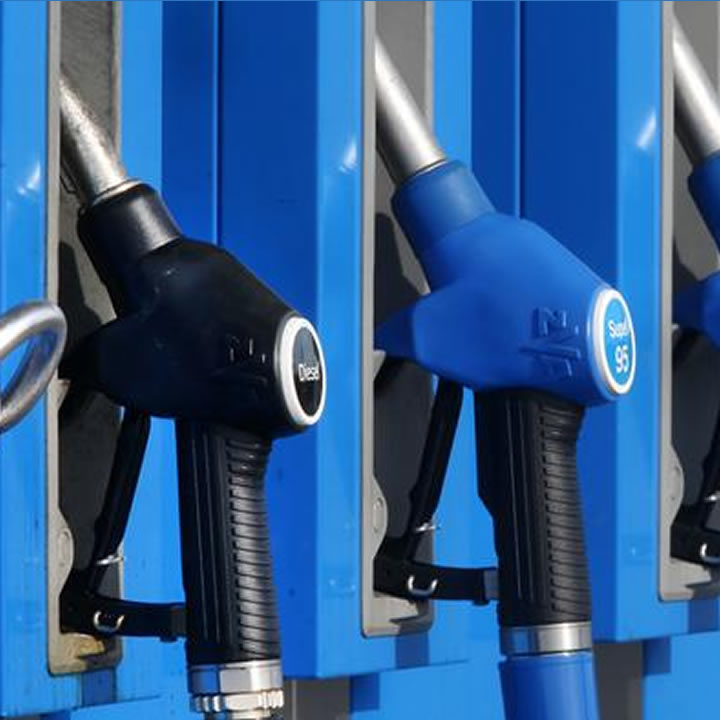Modernization brought forth technological advancements that move humanity to the future. However, the future looks bleak as the environment rapidly degrades. With humans relentlessly pursuing greatness, nature suffers in the process.
According to a report provided by the Global Carbon Project, global carbon emissions last 2018 jumped to an all-time high of 31.7 billion tonnes. According to studies, the rising number of cars has significantly contributed to the increase. And sadly, 2.7% of it comes from the United States.
The world became more and more dependent on motor-powered vehicles due to their convenience. It’s quite undeniable that places are more easily reached through private cars. However, this over-dependency on private vehicles is choking the world of free and clean air.
Moving to A Renewable Source of Energy to Limit Environmental Impact
The greenhouse gas emission is not only limited to transit, but the industrial power generation also carries the blame. Recently, the US was stricken with an unusually cold winter and scorching hot summer.
This phenomenon, which is caused by global warming, resulted in a rise in demand for power. Experts also said that if the situation is left as it is, the environment’s worsening condition will continue to plummet.
To address the matter at hand, companies and organizations innovate sustainable products and services. One of the most environmentally hazardous fields is industrial power generation but Volvo Penta strives to make highly performing engines with reduced environmental impact.
Harnessing the Power of Nature with HVO Fuel
One of its initiatives is the approval for usage of hydro-treated vegetable oil (HVO) in its engines. Also known as a “synthetic diesel,” HVO is a renewable fuel that can be sourced from various plant and animal by-products.
Besides being a renewable source of energy, HVO also offers benefits that are cost-efficient and sustainable.
- HVO does not require specific storage temperature- Compared to the regular diesel where slight changes in heat drastically affect the fuel’s viscosity, the HVO-type fuel sustains its quality.
HVO viscosity remains constant no matter how cold or hot its synthesis may be. It can withstand even the most northern climates and still guarantees high-engine functionality. Also, the risk of the growth of microbes due to intense humidity is eliminated.
- Guaranteed fit for every machinery- If put side by side with the traditional biofuel, HVO is made-up of hydrocarbons, which is similar to conventional fossil fuels. Unlike biofuels, which inhibit the growth of microbes, HVO is meticulously refined.
Modern machinery has a higher requirement for fuel quality, but HVO is proven to be highly beneficial.
- Minimal emission of pollutants- The use of renewable gas, especially at full concentration, can significantly lessen the carbon emissions. In an industrial setting where almost everything is diesel dependent, it also reduces hydrocarbon and nitrogen oxide particles in the air.
To break this vicious cycle that is slowly tearing the world apart, Volvo Penta sets its sights on the continuous innovation for renewable and sustainable products and services. This not only makes our environment cleaner but preserves it for future generations.

